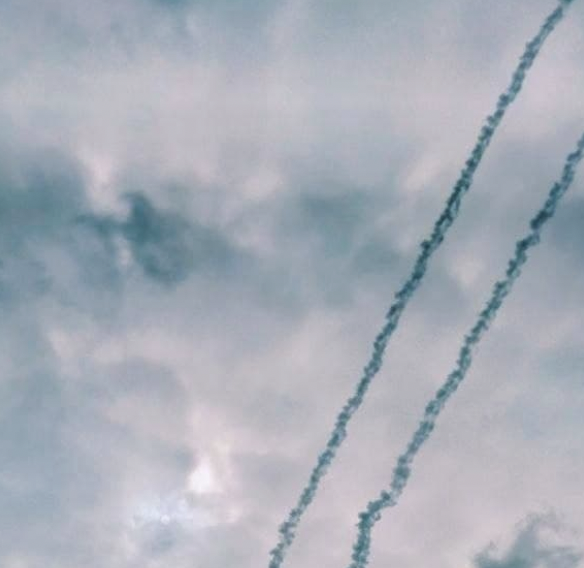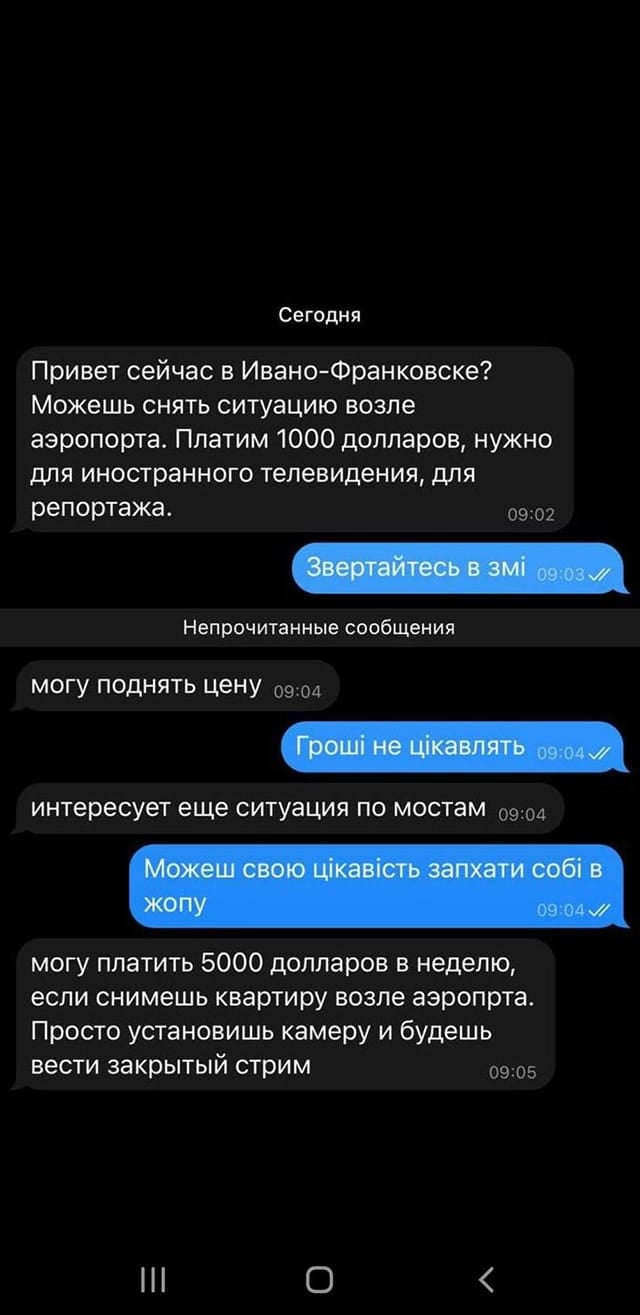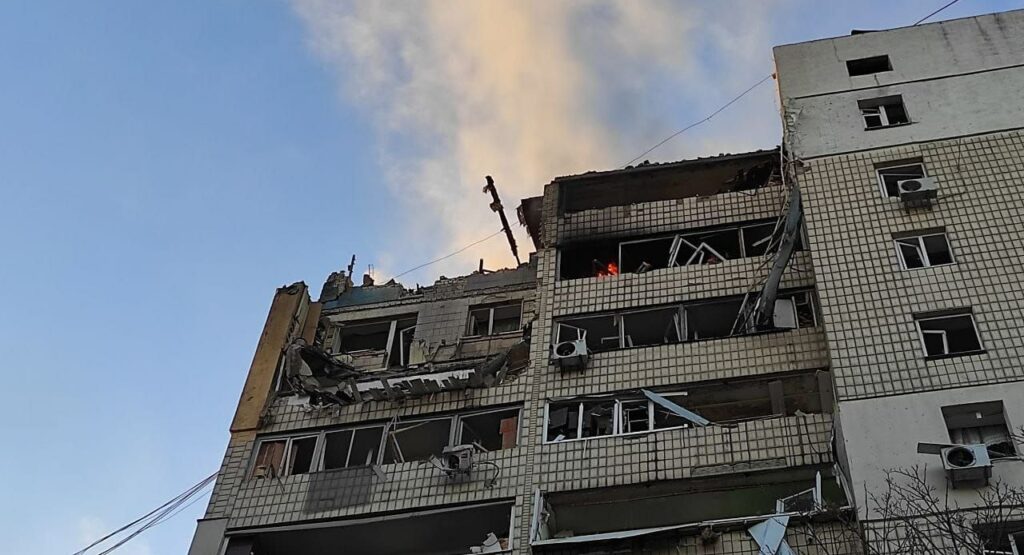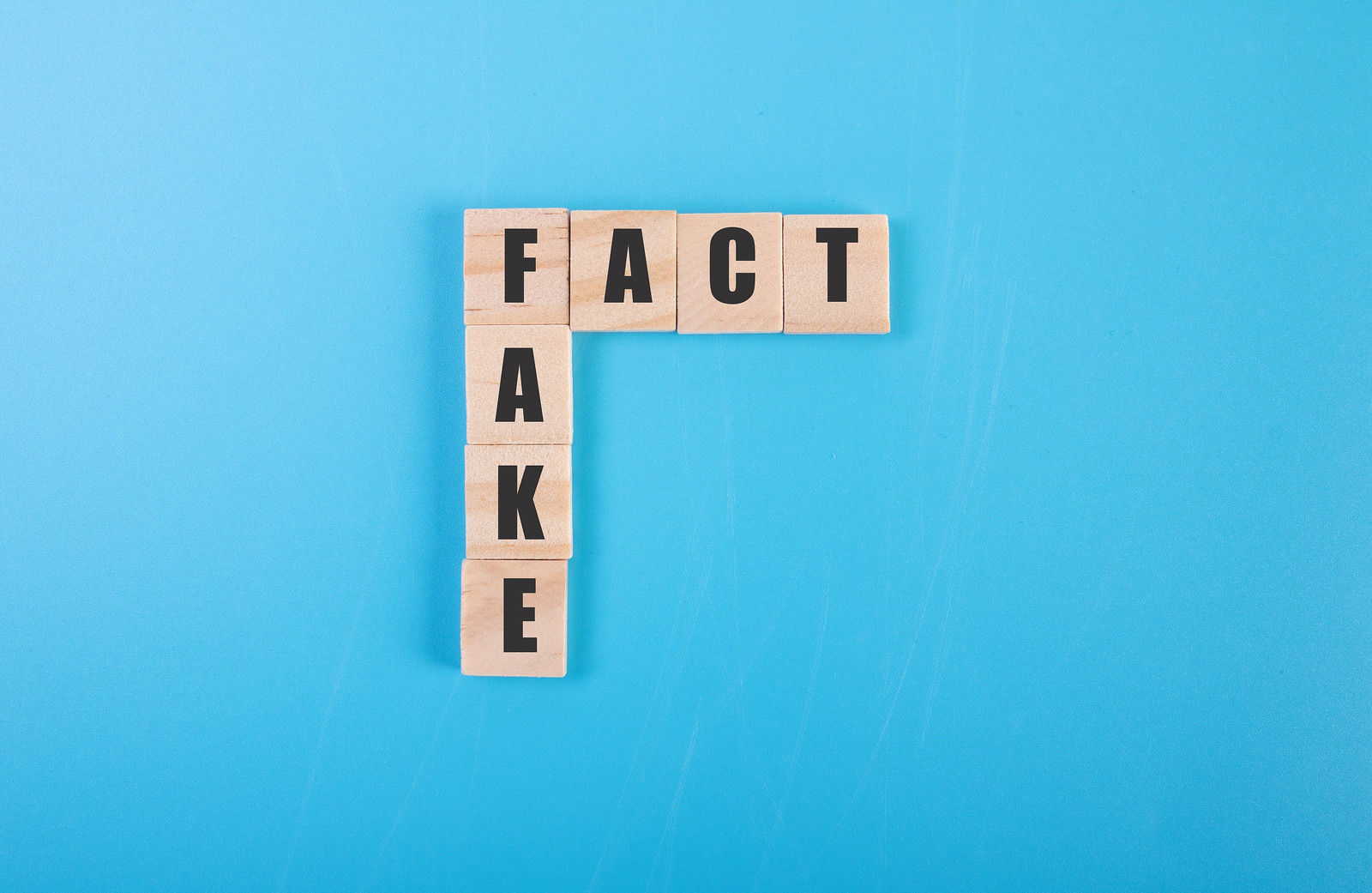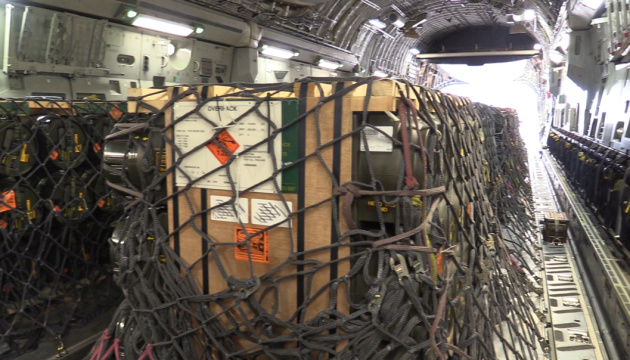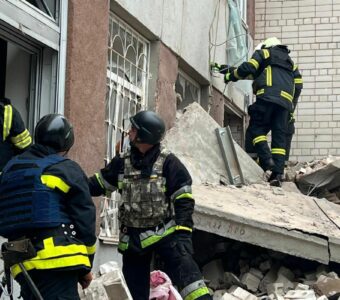5 things not to write about during the war
We explain what it's better not to publish, so as not to harm the Armed Forces and not to disorient Ukrainians

What is the problem?
During the two weeks of the Russian invasion, Ukrainians are increasingly spending their free time on social media. People want to know what's going on at the forefront, and share their impressions and repost posts from other users. Journalists and bloggers try to inform readers 24/7. However, sometimes such messages can only confuse people. And under certain conditions, they will even help the enemy fire on our cities or disrupt the supply of weapons from the allies.
What is the solution?
There are general rules that Ukrainians have been reminded of many times since the beginning of the Russian invasion: not to publish information about our military, read news in high-quality and credible media outlets; if you doubt it is true, seek confirmation from other sources. But during this time there were a few more rules for journalists and users of social media.
1. The first rule: do not report on how and where our air and missile defense works
We don't usually see it (launchers and radars are well disguised), but we hear well. If you are many kilometers from the front line, but something loud explodes nearby, probably, the Armed Forces are shooting enemy air targets nearby. Sometimes, however, someone manages to photograph the flight trajectory of our missiles, a gray-black narrow smoky trail that rises from the horizon.
Posting these pictures on Facebook or writing "OMG, I've just heard the explosion in the N area!" is wrong. The Russians are literally hunting our air defense systems because by destroying them, they will be able to bomb cities with impunity. That is why Ukrainian social media may be monitored by Russians, looking for data on our defense there. Especially the so-called OSINT, the collection of information from open sources has long been a "mandatory program" for intelligence services.
So, detailed publications could be free tips for the occupiers. An innocent post about "explosions over us" will help to determine in which area our anti-aircraft gunners are firing from, and a photo will give enemies landmarks (such as houses) to calculate the launch site.
In the worst case, the Russians will start shelling this area, at best, the Armed Forces will have to transport equipment, spending effort and time. Interestingly, sometimes photos are misused not by ordinary citizens, but by the media and popular telegram channels. In such a case, you should write to them and ask them to delete the post.
2. What if one of the enemy missiles broke through or there were shelling? In most cases, it is also forbidden to publish information about the shellings
In particular, do not post photos and videos from the place of an attack (especially if you have filmed how the missile flies and hits the building). Another bad idea would be to name the address or describe the location of the shelling in detail, especially "in hot pursuit," rather than a few days later. Or leave comments like "huh, another 50 meters, and would hit the CHP!"
The reason is the same as with air defense: any clues will help the Russians to more accurately aim guns or missile systems for the next launch. Or, conversely, they will realize that they have hit and will continue to fire at the same target.
In addition, the enemy is trying to get as many images of Ukrainian strategic objects. Yes, one of the Facebook users shared a dialogue in which an unknown person wanted to get a video from Ivano-Frankivsk airport, and was even willing to pay $1,000 for it (so be careful with strangers' request to "take pictures of the city center" or to "look what's happened to the bridge").
But there are cases when it is still worth taking a photo. Thus, Deputy Prime Minister Iryna Vereshchuk advises Ukrainians to take close-up shots of destruction so that no landmarks are included in the frame. These photos can then be posted on social media (for example, calling on world leaders to stop Putin by imposing more sanctions) and shared with volunteers who are gathering evidence of Russia's war crimes.
3. Don't share posts from social media if they do not clearly indicate the source, and the text itself is similar to rumors.
Usually, such reports don't have an author, and the text itself is sensational, too optimistic ("an hour ago our soldiers destroyed 800 enemy tanks"), or pessimistic ("200 enemy helicopters flew unnoticed in the direction of Kyiv").
Such rumors often refer to military acquaintances or volunteers. For example, "A neighbor's sister works in the SSU and she says that there are 500 Russian tanks on the outskirts of the city!!! Maximum repost !!!"
Thus, social media have already published information of this type about the mass air raid on Kyiv, warnings that the enemy will take control of our mobile phones, and advice to prepare to live without electricity. None of the predictions came true, but such posts scare people. Russians can also use similar fakes to sow panic and complicate life in Kyiv, Kharkiv, Dnipro, and other cities.
So if you still want to inform your friends, refer to official sources. For example, Kyiv residents need to follow the channels of the Kyiv City State Administration and Kyiv regional authorities. And military reports should be sought on the pages of the press services of the Armed Forces, the General Staff, or the Ministry of Defense. Some experts professionally analyze the course of the war. On the other hand, reports from the battlefield in the telegrams of MPs should be treated with more suspicion.
Of course, there are other cases when the information is reliable, your relatives or acquaintances have seen suspicious groups of people, unexploded missiles, or enemy equipment. In such a case, reporting this to the hotlines of law enforcement agencies or SES will be more effective than a post on Facebook.
4. Do not share so-called "lists of saboteurs"
If you follow the news in Telegram, you could see lists of people whom the authors of some channel called saboteurs and asked for their detention. You could also see posts with allegedly a list of cars driven by enemy agents, with a formidable prescription: "Shoot to kill!" Such information is told to be leaked by the Security Service of Ukraine, however, the SSU says they do not do that, and such information, in general, should be treated as Russian provocation.
"There have been cases when information about alleged traitors and saboteurs has been especially thrown into the information field, their names and car numbers have been published – with a call to detain them immediately," the Security Service warns. Moreover, provocateurs often add Ukrainian military or law enforcement officers to these lists. Probably for other security officers or territorial defense forces to try to detain them at checkpoints and shoot at each other.
But if you saw the saboteurs yourself or have specific facts from relatives and friends – call the security service and inform them.
5. Do not write about the supply of foreign weapons to Ukraine
This information was very popular among journalists and bloggers in the first days of the war. Anyway, the new batch of grenade launchers or machine guns from Norwegians or Czechs is good proof of international support and good news for the Armed Forces. However, Defense Minister Oleksii Reznikov asks not to do so but to wait for official information.
Most likely, the minister was primarily addressing journalists and opinion leaders, rather than ordinary users with a hundred friends. The reason is that not all countries are ready to brag openly that they supply us with weapons. Thus, according to Politico, the transfer of Polish MiG-29 aircraft to Ukraine stalled, partially, because it was announced to the whole world by the head of EU diplomacy Josep Borrell. And NATO preferred to share planes as privately as possible so as not to provoke the Russians.
There are two other reasons why too much publicity hurts. Yes, the aggressor country has already threatened to destroy foreign weapons and convoys carrying them, and any information such as "a new batch of Stingers will arrive in Ukraine today" may be a clue to the enemy. At least, it can help them to prepare. Also, the promises of Western politicians to provide the Armed Forces of Ukraine with something do not mean that they have already decided to hand over the equipment to us.
And remember, information hygiene is your contribution to victory!


